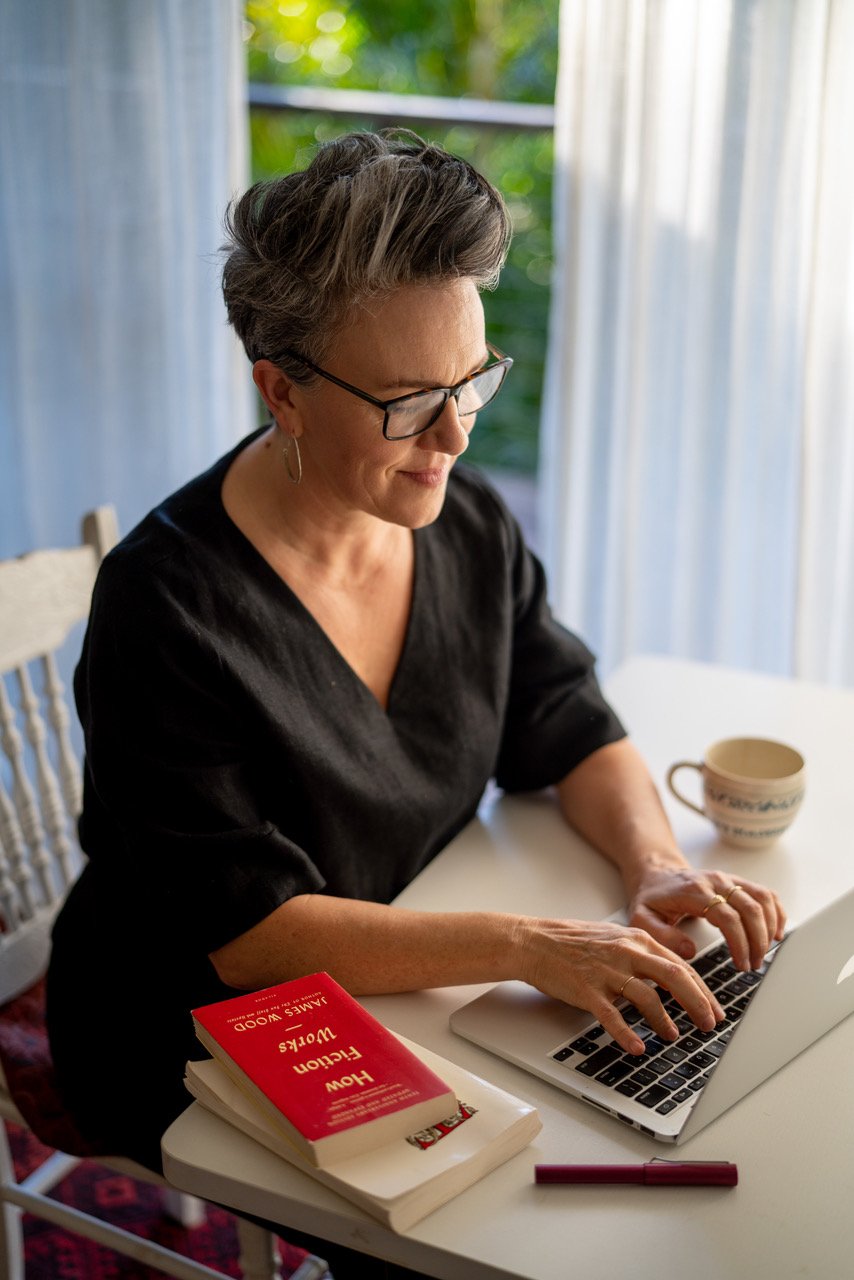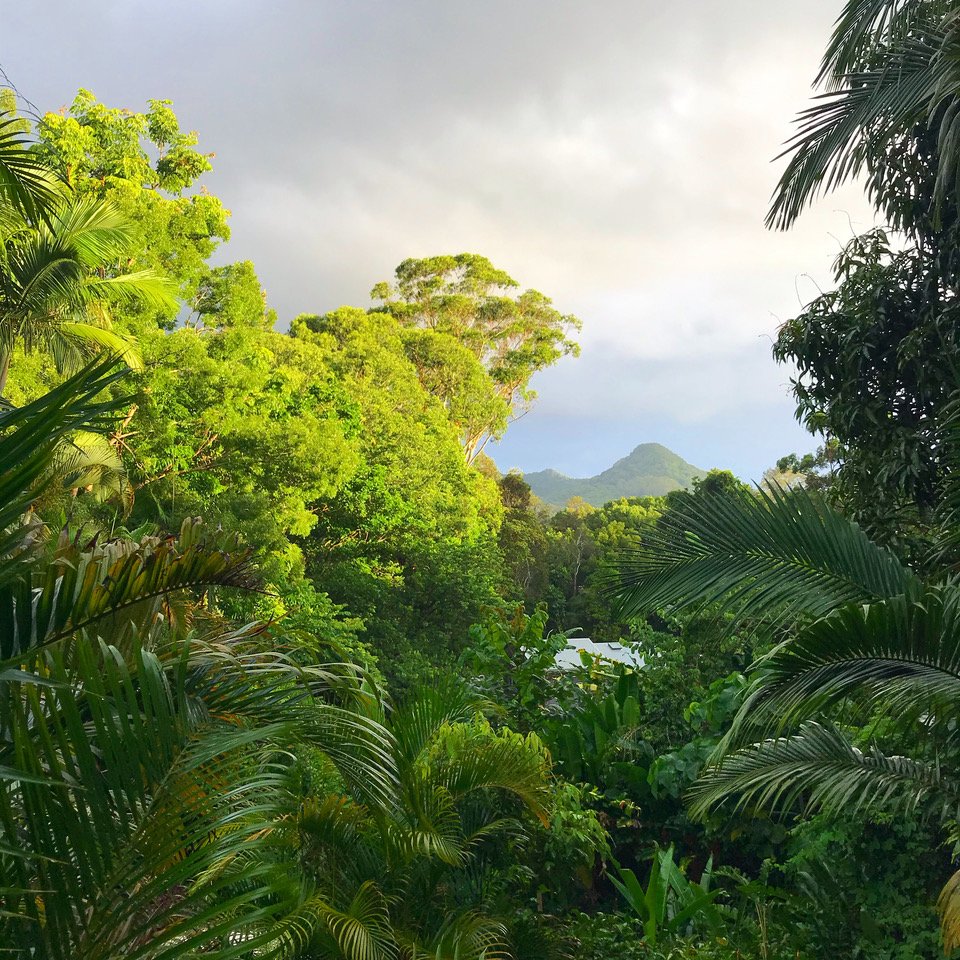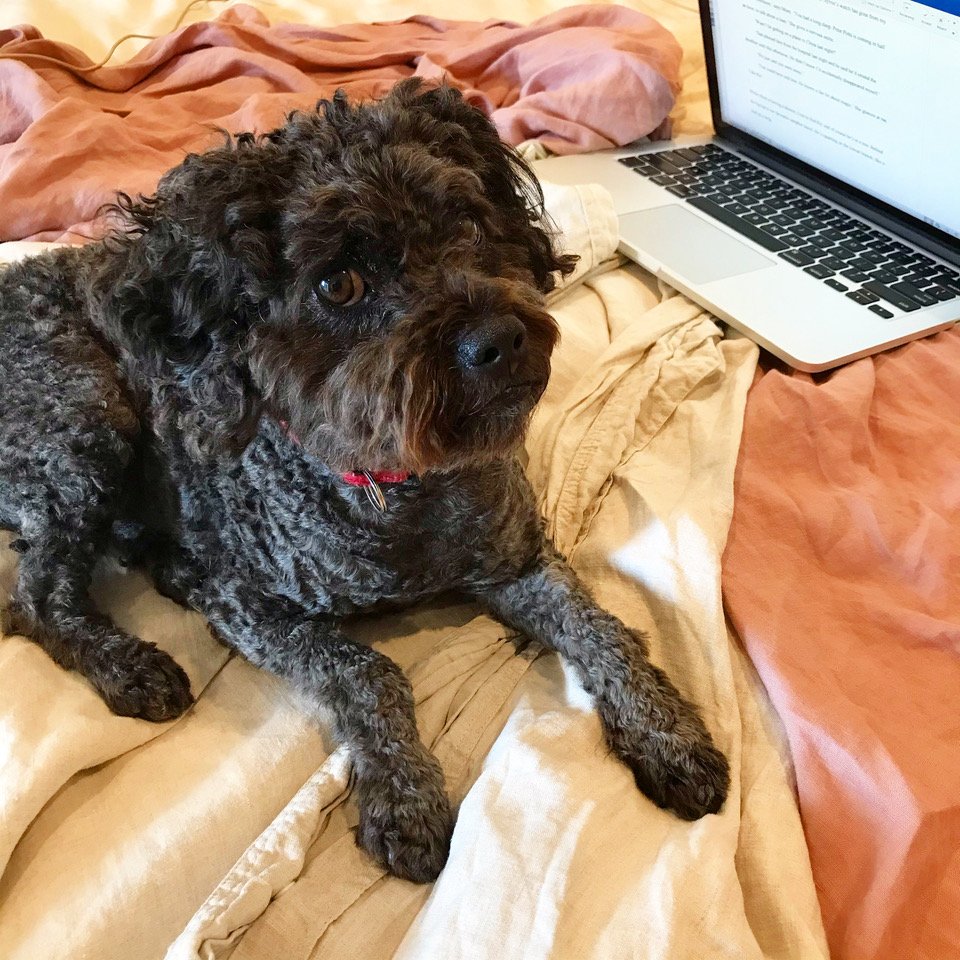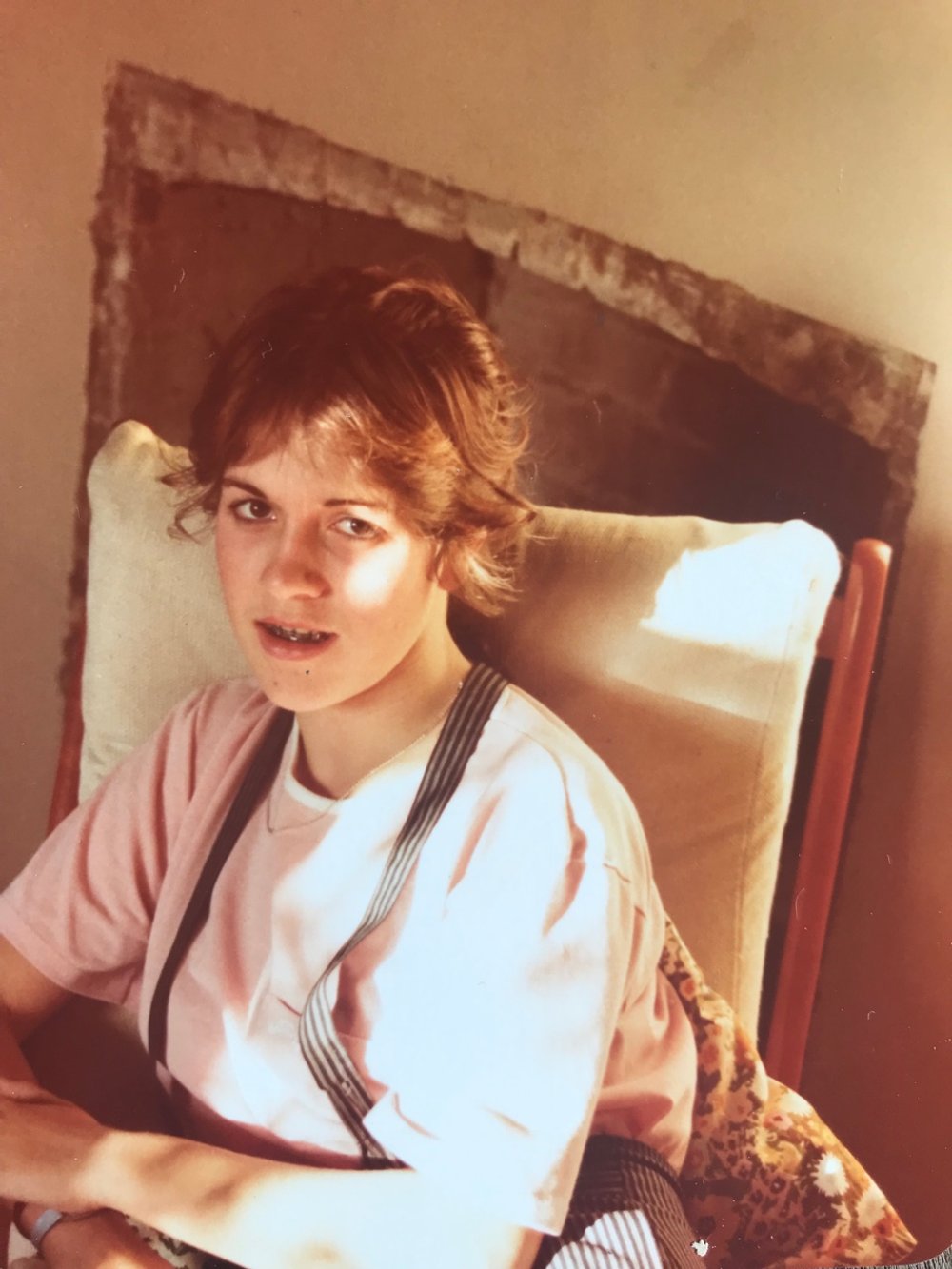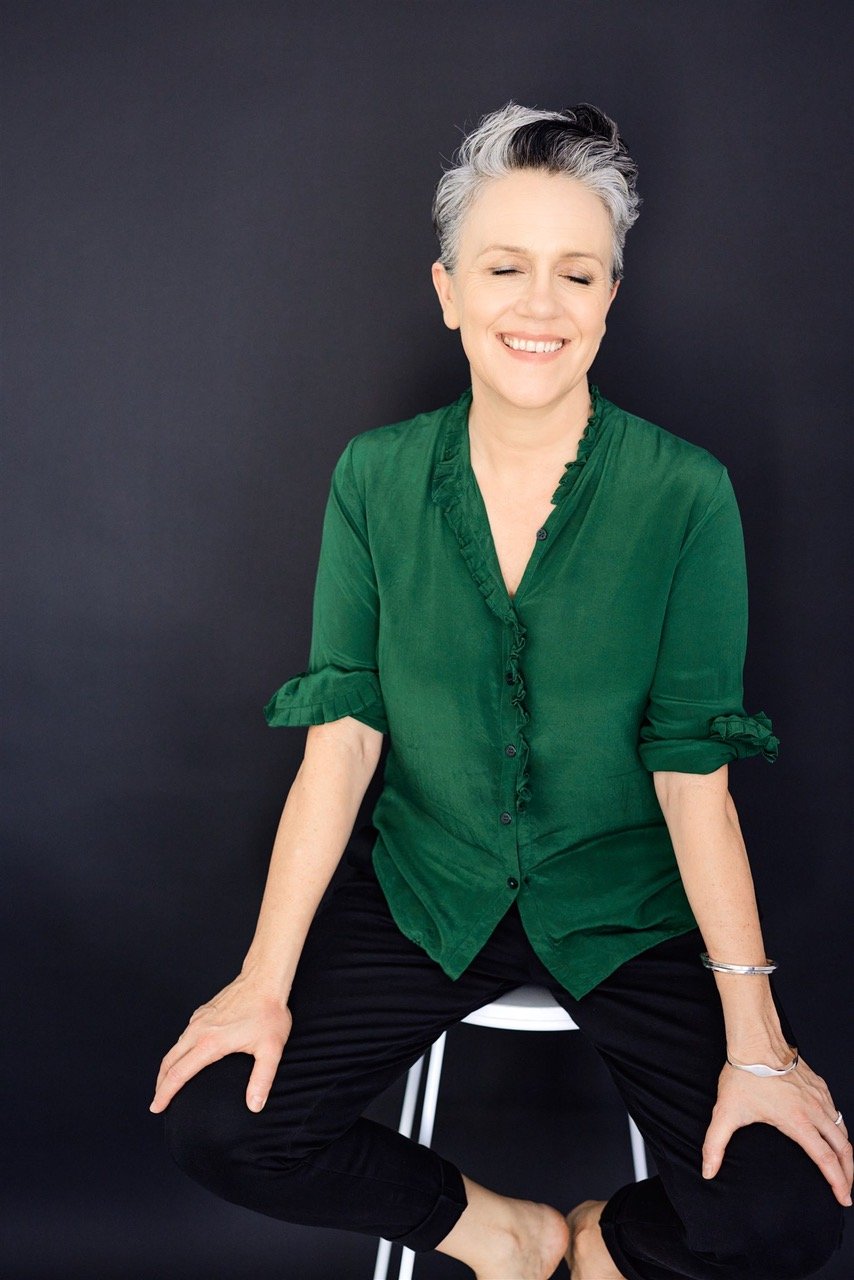Frequently Asked Questions
Where did you get the idea for Big Magic?
I took my daughter to see a circus perform at Mullumbimby Showground. While watching a boy of about eleven balancing on the top of seven or eight precariously stacked chairs, I wondered what it would be like to grow up in a circus: moving from town to town, living in a caravan, performing every day.
The idea of a story about a circus kid was bubbling away in the back of mind, at the same time that I was thinking about nature and its magical power.
I live in an area where nature looms large: when it rains, it buckets down; the plants seem to grow before my very eyes; the trees are ancient and majestic; the lush subtropical green presses in on me from all sides.
I love living close to nature and if I am unsettled or upset, there is nothing better than getting my bare feet on the earth, or resting my forehead against an old tree’s trunk.
These two ideas came together: the power of nature and circus life - and Big Magic was born.
Where do you write?
At the moment I write at a desk in my bedroom, and – very often – in my bed. I know it’s probably not very good for my back to write in bed but it’s so comfy! And I did read something suggesting that we are more creative while lying down and resting our body, so that’s enough reason for me to keep doing it.
Our dear dog Louie, who is a Cavoodle (actually, he’s half poodle, quarter cavalier and quarter schnauzer) lies beside me while I write. I like having a quiet companion while I dream up stories.
I write on my laptop but if I’m a bit stuck or trying to figure out something to do with character or plot, I always go back to pen and paper.
How old were you when you started writing?
I wrote my first ‘book’ at seven, in a big notebook that my cousin gave me. I still have folders full of stories I wrote in primary school. We didn’t have a television so I was either reading, writing or riding my bike around the country lanes where we lived, a couple of hours north of Sydney. I also had to look after the chickens and milk the goats.
What do you do if you don’t know what happens next in a story?
If I’m stuck, I brainstorm all the possibilities, even the wackiest ones. Brainstorming is a super useful tool for writers – where you toss around all the possible directions the story could take, even the most unlikely ideas. Even if you don’t use the wacky idea, it might spark another idea that you do use. Then I freewrite (more on that below) around the idea that grabs me most.
Character histories are also a great way to keep writing without worrying about plot. A character history is basically a document – not actually part of the story – that gets down on paper all the things you need to know about a character. All the obvious things of course: age, family, where they live, interests etc. But also things like: what they think about first thing when they wake up, their most memorable birthday party, their biggest secret, the worst thing they ever did, their dreams for the future ... It’s funny how often writing a character history will help me solve a story problem.
How much do you read?
Not as much as I used to and not as much as I’d like! I used to read a book a day as a kid – before I had a job and a family and a house to run. On average, I reckon I read two books a week now. Some adult books, some children’s and YA. Mostly fiction.
What does a writing day look like for you?
I aim to get to the desk (or to bed, also known as the ‘soft office’) at 9, with a pot of ginger tea and a bottle of water. I write for about an hour then get up and stretch and look at the distant hills for a few minutes. I go back to writing, then after another hour or so, get up and grab a snack or go to the toilet.
This goes on all day until about 3 – with a short break for lunch. On a good day I get about five hours of writing in. That’s about all my brain can manage.
After five hours (and sometimes I have to do more than that if I have a deadline looming) my brain begins to feel like it’s turned to something like porridge.
How do you spend your time when not writing?
I garden, swim in the ocean, ride my bike and play games with my partner and daughter. We’re really enjoying Cluedo at the moment, and also card games like UNO, Cambio and 500.
What are you working on now?
I’m writing the sequel to ‘Big Magic’ and am so loving giving Tulsi another magical adventure!
What are your favourite kids’ books?
Ooh, that’s a hard one. There are so many wonderful books for young readers. On Instagram and Facebook, I do regular reviews of great books, so check it out, or have a parent check it out for you. #sarahsfridayfavourites
Do you have any writing tips?
I sure do.
- Write about something that matters to you. The thing you wake up thinking about in the middle of the night, the thing that gets you cranky or really excited. That way your writing will have energy and passion. For instance, I’ve written about things I love (like nature) or that I’m fascinated by (like parallel universes) or that I’m angry about (like climate change; I’m also working on a book about that).
- Give your main character a problem to solve – that will give your story some forward motion. The reader will be waiting to find out if they solve the problem.
- Understand the difference between a first draft and a rewritten draft. First drafts are – almost by definition – wonky and wobbly and experimental. When you rewrite, rewrite the whole thing. Don’t just tinker at the edges. Be prepared to make big changes, if needed.
- Try out freewriting – where you set a timer and aim to get the words down as fast as possible, not worrying about whether it makes sense or whether the sentences are grammatical or whether you’ve chosen the right word, or spelt things currently. Don’t cross out, don’t stop to think about the perfect word. Just get some ink on the page. Then you have something to play around with.
